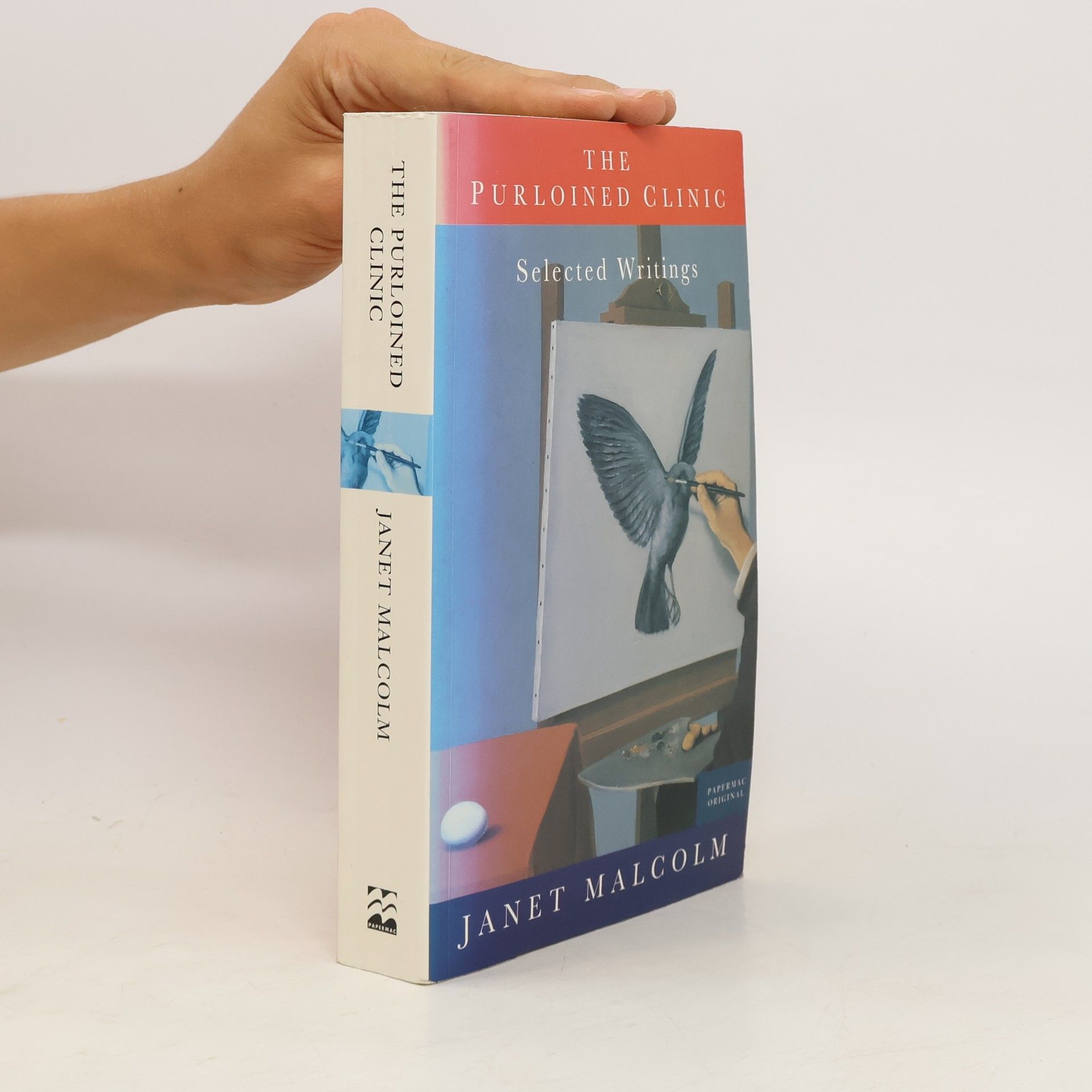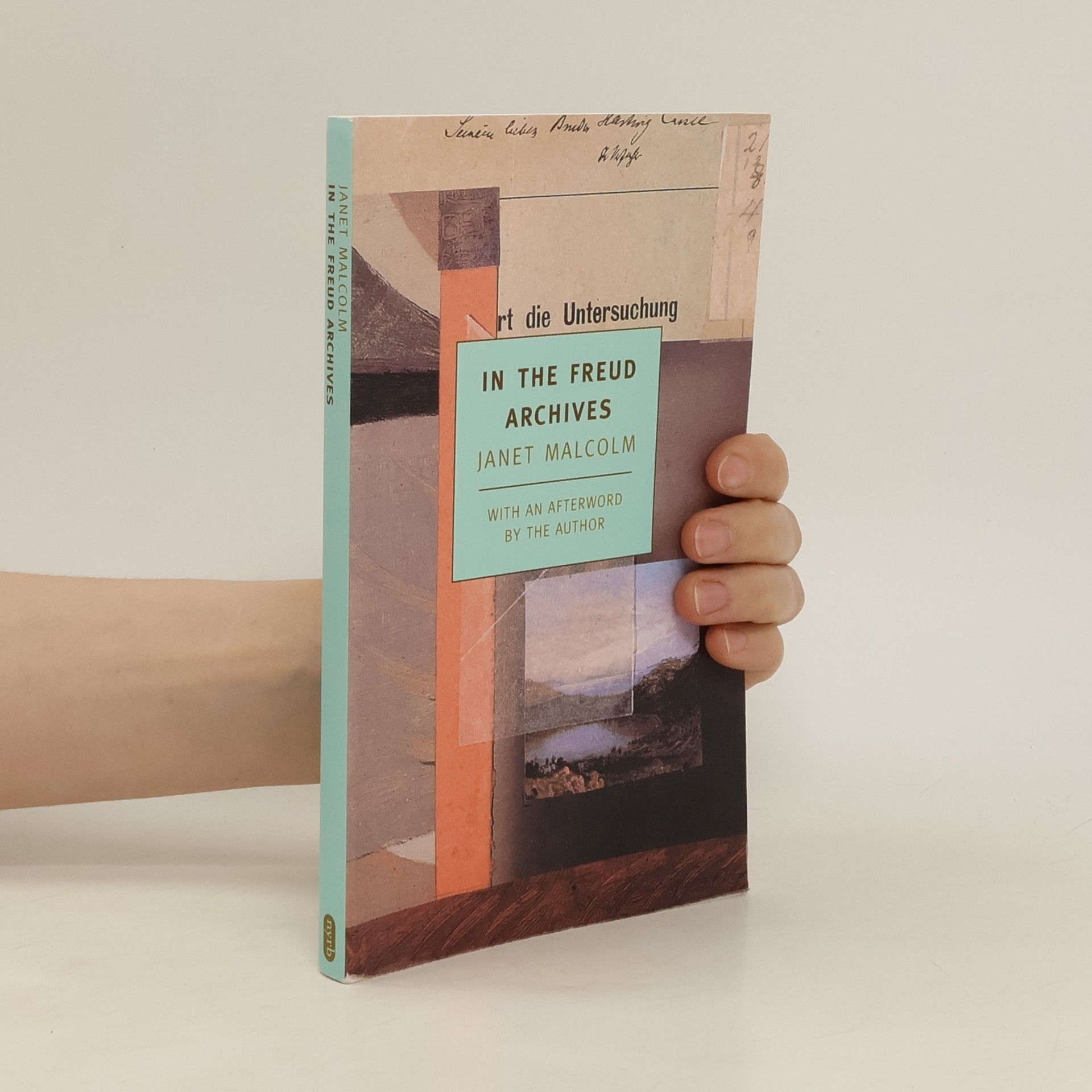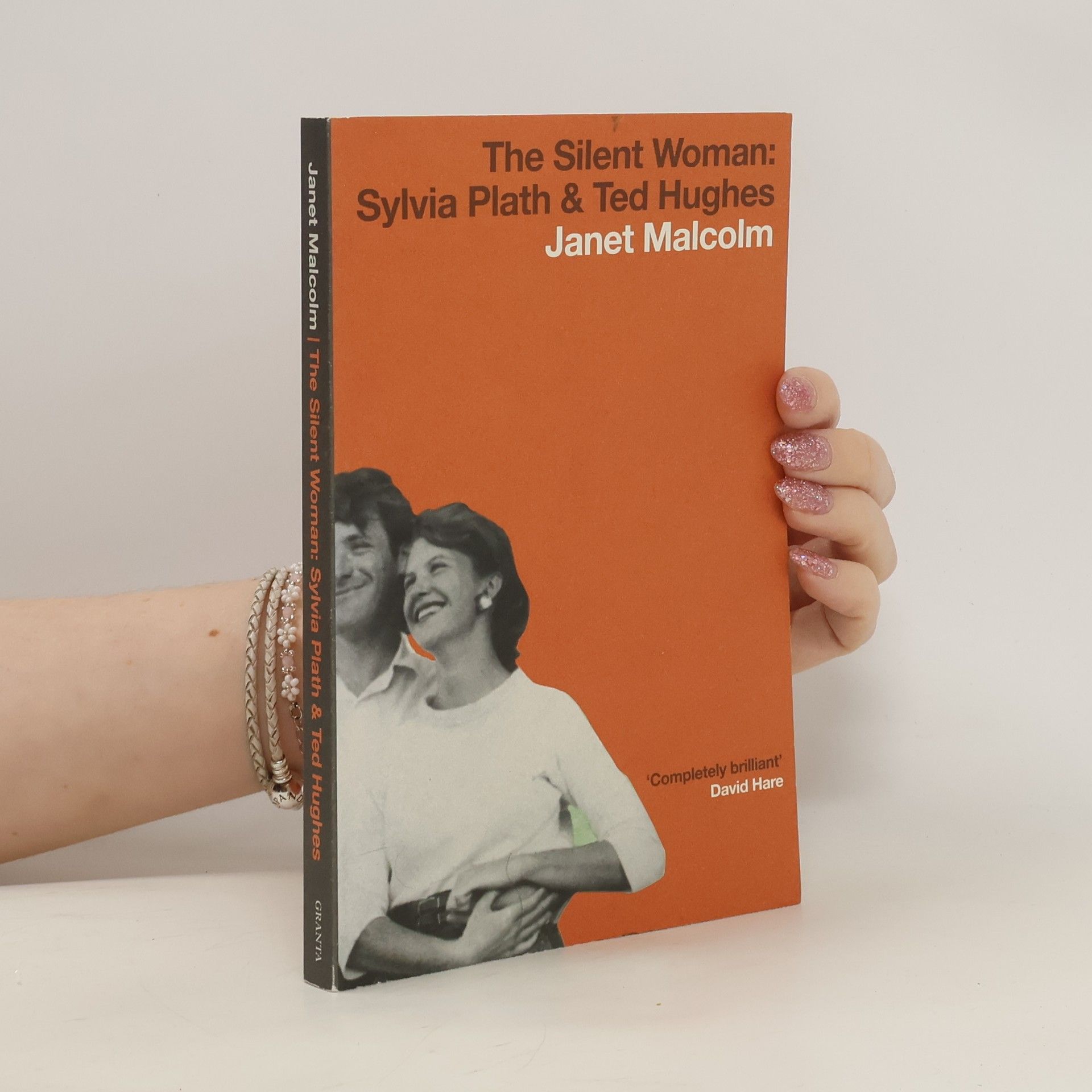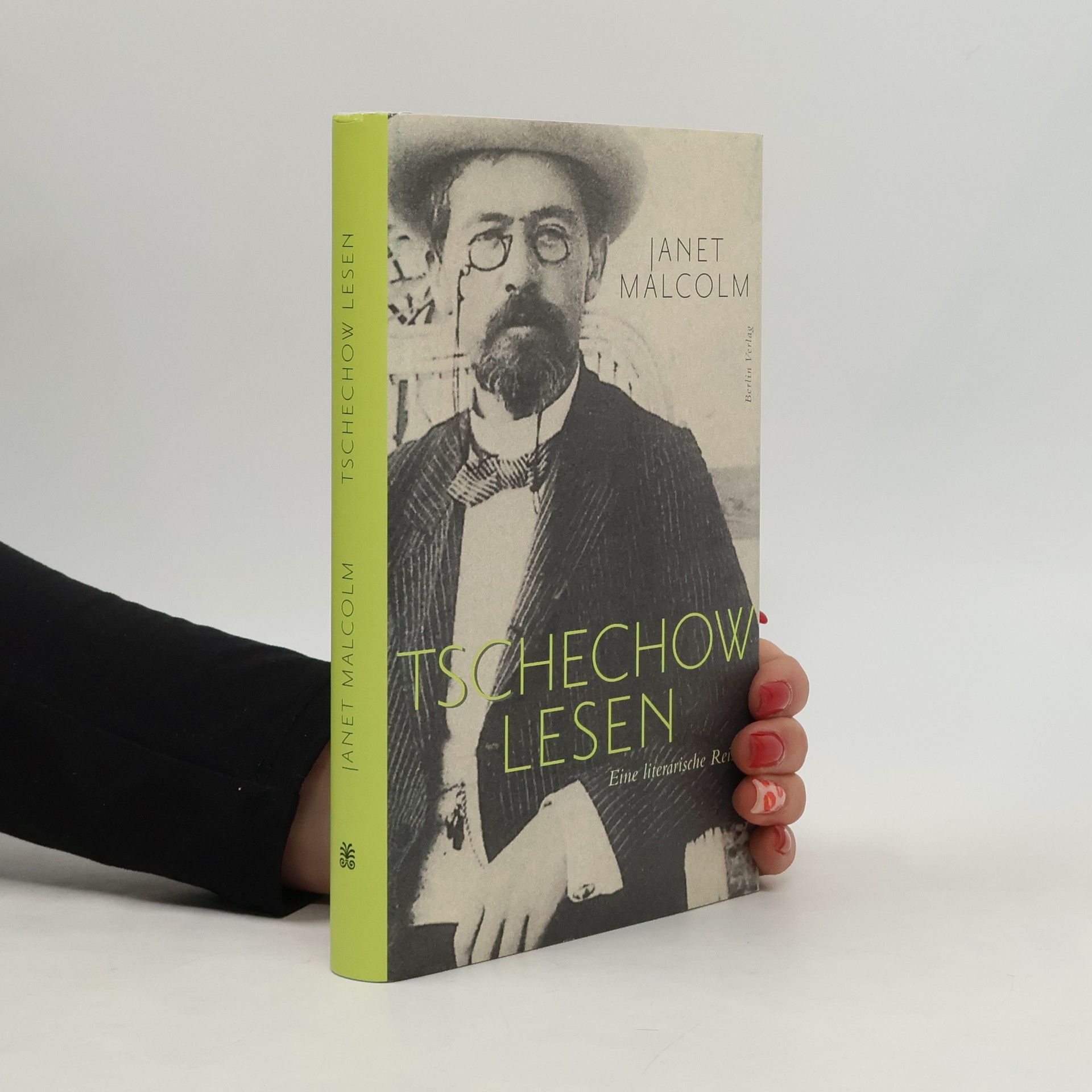For decades, Janet Malcolm's books and dispatches for the New Yorker have poked and prodded at biographical convention, gesturing towards the artifice that underpins both public and private selves. Here, Malcolm turns her gimlet eye on her own life, examining twelve family photographs to construct a memoir from camera-caught moments, each of which pose questions of their own.She begins with the picture of a morose young girl on a train, leaving Prague at the age of five in 1939. From there we follow her to the Czech enclave of Yorkville in Manhattan, where her father, a psychiatrist and neurologist, and her mother, an attorney from a bourgeois family, traded their bohemian, Dada-inflected lives for the ambitions of middle-class America. From her early, fitful loves to evenings at the old Metropolitan Opera House to her fascination with what it might mean to be a "bad girl," Malcolm assembles a composite portrait of a New York childhood, one that never escaped the tug of Europe and the mysteries of fate and family. Later, Malcolm delves into her marriage to Gardner Botsford, the world of William Shawn's New Yorker , and the libel trial that led her to become a character in her own drama.Displaying the sharp wit and astute commentary that are Malcolmian trademarks, this brief volume develops into a memoir like no other.
Janet Malcolm Orden de los libros (cronológico)
Janet Malcolm fue periodista, biógrafa y redactora de The New Yorker. Su obra profundiza en las complejidades de la psicología y las relaciones humanas, centrándose a menudo en temas como la memoria, la identidad y las narrativas que construimos sobre nosotros mismos y los demás. Con una prosa precisa y una aguda observación, desvela motivaciones ocultas y las ambigüedades inherentes al comportamiento humano.






A provocative collection of interviews with the sublimely talented author of The Journalist and the MurdererThe legendary journalist, Janet Malcolm, opened her most famous work The Journalist and the Murderer with the “Every journalist who is not too stupid or too full of himself to notice what is going on knows that what he does is morally indefensible.”Ever since its publication in 1980, she only increased her reputation as a devastatingly sharp writer, whose eye for observation is matched only by her formal inventiveness and philosophical interrogations of the relationship between journalist and subject.Predictably, as an interview subject herself, she was an intimidating mark. In this collection, interviewers tangle with their own projections and identifications, while she often, gamely, plays along. Full of insights about her writing process, the craft of journalism, and her own analysis of her most famous works, this collection proves that Janet Malcolm is just as elusive and enlightening in conversation as she was on paper.
Nobody's Looking at You
- 304 páginas
- 11 horas de lectura
Psychoanalysis
- 192 páginas
- 7 horas de lectura
A fascinating exploration of psychoanlysis, its patients, practitioners and critics, from one of America's most respected and most controversial journalists.
Forty-One False Starts: Essays on Artists and Writers
- 320 páginas
- 12 horas de lectura
Brings together essays published over the course of several decades (many from The New Yorker and The New York Review of Books) that reflect Janet Malcolm's preoccupation with artists and their work. Her subjects are painters, photographers, writers, and critics.
Forty-One False Starts
- 320 páginas
- 12 horas de lectura
Malcolm brings together for the first time essays published over the course of several decades (many from The New Yorker and The New York Review of Books) that reflect Malcolm's preoccupation with artists and their work.
Janet Malcolms Reise auf den Spuren Anton Tschechows beginnt mit einem Desaster: Am ukrainischen Flughafen von Simferopol verschwindet ihr Koffer mit einem Unbekannten. Als sie sich anschließend von einer Fremdenführerin zu jener Bank begleiten lässt, von der die beiden Liebenden in Tschechows Erzählung „Die Dame mit dem Hündchen" auf Jalta blicken, wird ihr klar, dass die Aussicht nicht im Entferntesten so hübsch ist wie erwartet. Aber so schnell gibt Janet Malcolm nicht auf. Sie reist nach St. Petersburg, Jalta und Moskau, die Orte in Tschechows Leben, recherchiert über seine Kindheit, seine Beziehungen, die frühen Triumphe, seine literarischen Figuren und Themen - in einerunwiderstehlichen Mischung aus Essay, Reportage und Reisebericht. Auf superbem Niveau verwebt sie Leben und Werk und beantwortet die einfachs -ten und zugleich kompliziertesten Fragen: Warum gestehen sich Tschechows Figuren ihre Liebe meist in verwunschenen Gärten? Warum mochte Tschechow keine Hochzeiten? Und was ist die Wahrheit hinter dem Mythos seines Todes, den er angeblich mit einem Glas Champagner in der Hand erwartet hat? Man kann alles über Tschechow wissen - oder nichts. So oder so wird man Janet Malcolm für dieses Buch lieben.
Two Lives
- 240 páginas
- 9 horas de lectura
'How had the pair of elderly Jewish lesbians survived the Nazis?' The author asks at the beginning of this work of literary biography and investigative journalism. The pair, of course, is Gertrude Stein, the modernist master and Alice B Toklas, the 'worker bee' who ministered to Stein's needs throughout their forty-year expatriate 'marriage'.
Reading Chekhov
- 224 páginas
- 8 horas de lectura
'Reading Chekhov is a literary pilgrimage, homage, travelogue, biography, literary criticism and a restrained love letter all rolled into one ... It is the work of an iridescent and sympathetic imagination' The Times
The Purloined Clinic
- 400 páginas
- 14 horas de lectura
A collection of essays and profiles which examine art and literature from a psychoanalytical point of view. It includes an observation of the work of an iconoclastic family therapist, follows a former Czech dissident through post-Velvet Revolution Prague, and looks at the New York art world.
